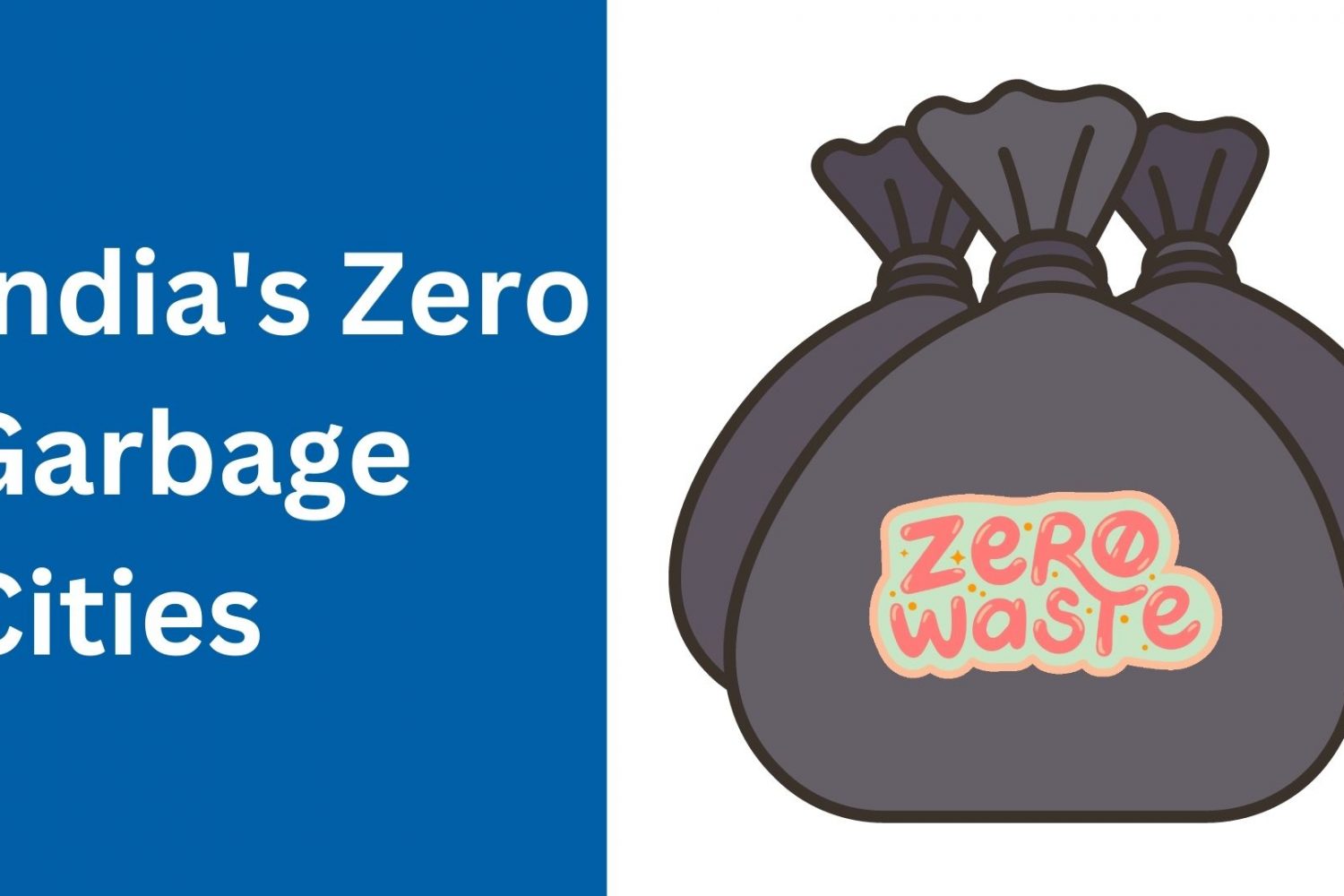India’s new zero-garbage cities are taking a different approach to waste management, one that could inform solutions around the world. In these cities, there are no garbage trucks. There are no garbage dumps either. Instead, everything is recycled or sent to manufacturers for processing.
What is the zero garbage system in India?
The zero garbage system in India is a waste management system that aims to completely eliminate all solid waste from the city. This system was first implemented in the city of Mysore, and has since been adopted by other cities across India.
The zero garbage system works by segregating all waste into three different categories: biodegradable, non-biodegradable, and recyclable. Biodegradable waste is sent to composting facilities, where it is broken down into fertilizer. Non-biodegradable waste is sent to refuse-derived fuel plants, where it is burned to generate energy. Recyclable waste is sorted and sent to recycling facilities.
The zero garbage system has proved to be very effective in reducing the amount of solid waste in Indian cities. It has also created jobs and led to the development of new infrastructure, such as composting and recycling facilities.
How does the process work?
In India, the process of creating zero-garbage cities starts with segregation at the source. This means that waste is divided into dry and wet waste, with dry waste being things like paper and cardboard, while wet waste is food scraps and other organic matter.
Once the waste is segregated, it is then sent to different collection points. The dry waste is sent to recycling facilities, while the wet waste is sent to composting facilities.
At the recycling facilities, the dry waste is sorted into different materials like paper, plastic, metal, etc. These materials are then sold to industries that use them to create new products.
At the composting facilities, the wet waste is converted into compost, which can be used as a natural fertilizer for plants and gardens.
Where is this all taking place?
The ‘zero-garbage’ city movement is gaining momentum in India, with dozens of cities across the country adopting policies and practices to eliminate waste. These cities are setting an example for the rest of the world to follow in tackling the growing problem of municipal solid waste.
The zero-garbage city movement started in India in the early 2000s, when a few cities began experimenting with waste segregation and recycling. The movement gained traction in 2006, when the Indian government launched the Swachh Bharat Abhiyan (Clean India Mission), a nationwide campaign to clean up and green India. Since then, hundreds of Indian cities have adopted zero-garbage policies and practices.
These policies and practices vary from city to city, but they typically involve mandatory waste segregation, door-to-door garbage collection, public education campaigns on waste management, and innovative recycling and composting initiatives. As a result of these efforts, many Indian cities are now well on their way to becoming zero-garbage cities.
There are several reasons why Indian cities are leading the way in zero-waste management. First, India has a long tradition of environmentalism and sustainability. Second, the country’s rapid urbanization has led to a growing awareness of the need to address municipal solid waste. Third, the Indian government has made garbage reduction a priority under the Swachh Bharat Abhiyan. Finally, civil society groups and NGOs have been actively involved in promoting zero-waste
How can zero garbage systems change urban living?
The world’s urban population is growing at an unprecedented rate, and with it, the amount of waste produced in cities. In India alone, the urban population is expected to grow from 340 million to 580 million by 2050. This rapid growth brings with it many challenges, one of which is how to deal with the increasing amount of waste produced.
One solution that has been gaining traction in recent years is the concept of zero garbage systems. These systems aim to completely eliminate waste by redesigning the way we live and consume. For example, instead of buying disposable water bottles, we would carry a reusable bottle with us. Or instead of throwing away food scraps, we would compost them.
There are many benefits to implementing zero garbage systems in our cities. For one, it would reduce the amount of waste produced and sent to landfills. It would also create jobs in the green economy and help us move towards a more sustainable way of living.
If you’re interested in learning more about how zero garbage systems could change urban living, check out this blog post from India’s Hindustan Times:
Conclusion
India’s zero-garbage cities could offer a blueprint for the world to follow in terms of waste management. These cities have implemented innovative and effective methods to reduce, recycle, and reuse their waste, which has had a positive impact on both the environment and the local economy. With the help of these cities, India is leading the way in sustainable waste management practices that could be replicated around the world.

